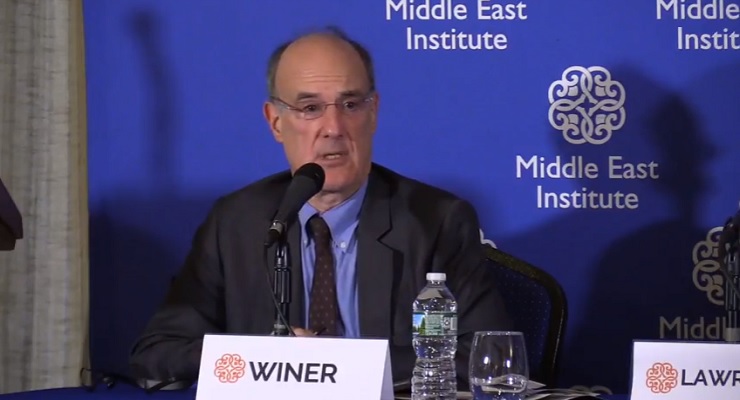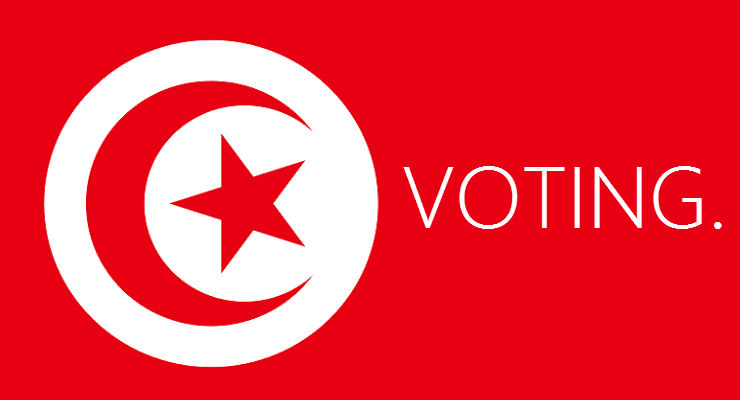
Despite efforts made by a few individuals to postpone upcoming presidential and parliamentary elections in Tunisia, the relevance of democracy is still recognized by a majority especially in the Muslim Democratic Party, Ennahdha, who advocate for democratic legitimacy through elections. On October 25, 2018, the Middle East Institute co-hosted for the first time, a live stream event “Setting the Stage for Tunisia’s 2019 Elections” with the American Tunisian Association.
Ketie Lee, Vice President of Middle East Institute and board member of the American Tunisian Association presented the event, throwing light on the purpose of the two above mentioned associations and the Tunisian political and economic situation. The event sought to identify possible challenges facing the December 2019 elections and proposed measures that, if put in place, would help ensure free and fair elections in Tunisia. Here is the event description:
The political alliance between President Beji Caid Essebsi and Ennahda party leader Rachid Ghannouchi, which has anchored Tunisia’s democratic transition since 2014, fell apart in late September. The collapse lays the groundwork for dramatic political change ahead of 2019 presidential and parliamentary elections. What new forces are contending to shape Tunisian politics? What are the key issues at stake and how is Tunisia’s struggling economy influencing the electorate’s mood and its fragile democratic transition?
Panelists at the event were;
- Aymen Abderrahmen: Independent scholar, journalist and social activist; former fellow, The Tahrir Institute for Middle East Policy. He is also the co-founder and former secretary of the Tunisian watchdog organization “i-Watch”,
- Monica Marks: Post-doctoral fellow, Harvard University and Rhodes Scholar, PhD candidate at Oxford University, and leading expert on politics and Islamist movements in Tunisia and Turkey.
- William Lawrence: Visiting Professor, George Washington University; former ICG North Africa director and State Department Tunisia desk. He is also the co-authored After the Uprisings: Political Transition in Tunisia, Libya, and Yemen and has several publications on North Africa in Foreign Policy, the Guardian, Jeune Afrique, Rue 89, Al-Hayat, and Sharq al-Awsat and with the Center for Strategic and International Studies to name a few.
- Moderator, Jonathan Winer: Scholar, MEI and He has written and lectured widely on U.S. Middle East policy, counter-terrorism, international money laundering, illicit networks, corruption, and U.S.-Russia issues.
The event video lasts about an hour and forty minutes. Take a look!
Also take a look at DC’s World Democracy section!

Leave a Reply